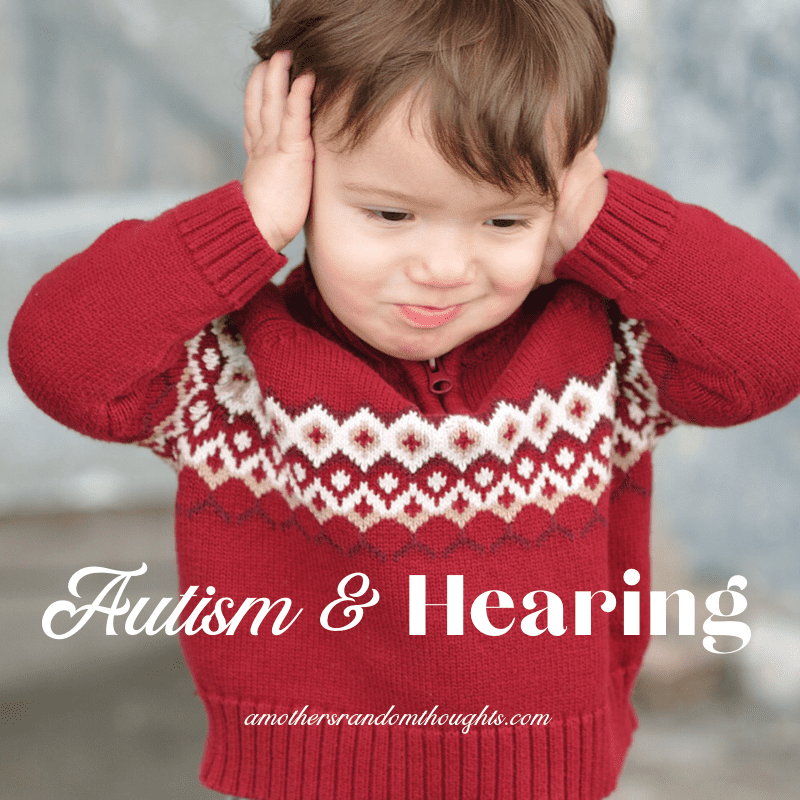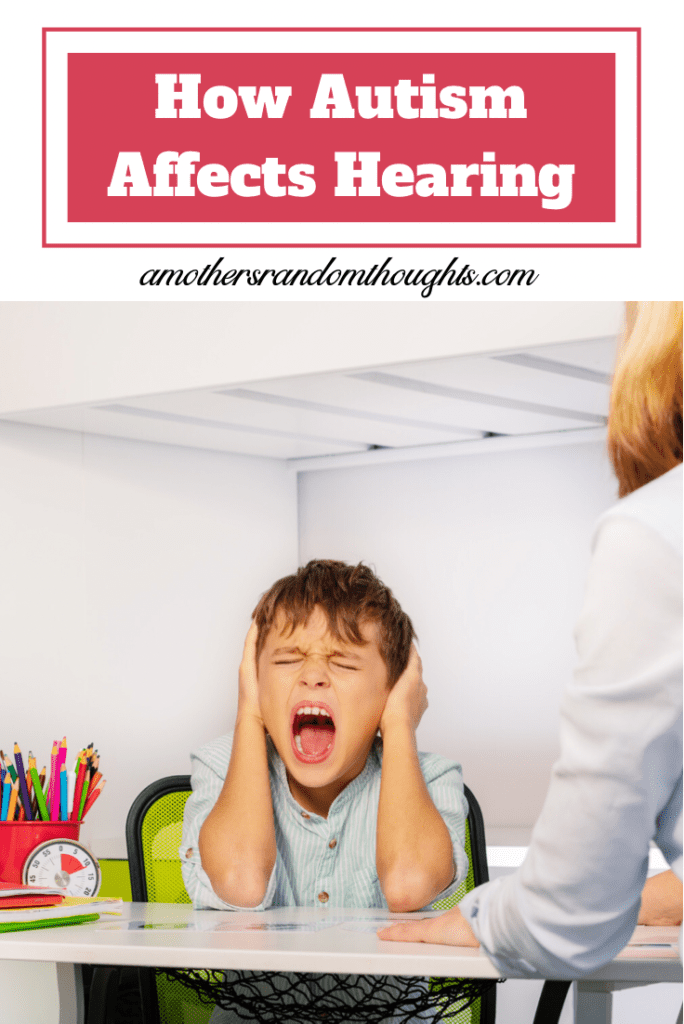Every parent with a child that has autism will know how diverse the effects of this condition may be. Autism is a spectrum, meaning your child can fall anywhere on it and exhibit a multitude of different problems. Some of the effects of autism are more well-known than others. For example, most people are aware that children with autism struggle with certain social queues or have problems differentiating between certain behaviors. Speech impediments are also quite commonly known, but did you know that autism can also affect your child’s hearing?
Strangely, this is something that a lot of parents have no clue about. In fact, it’s never discussed at great length. Your child may be suffering from certain hearing issues thanks to their autism, and you have no clue about it. That’s what this post is all about; understanding the link between autism and your child’s hearing. Specifically, how is one changed or affected by the other?

Autism and hearing sensitivity
If you have ever heard of autism and hearing health in the same sentence, it is usually referring to enhanced sensitivity. More accurately, a lot of people with autism will have hyper-reactivity to auditory stimuli. In less technical terms, they will be more sensitive to certain noises than other people. Typically, this relates to loud noises – someone with autism will hear them as excessively loud, making them feel frightened or upset.
To counter this, it helps to buy your child noise-canceling headphones or earmuffs. Things like these can help muffle these sounds and calm your child down. They are particularly effective when in very noisy environments.
Autism and hearing loss
Unknown to many people, but there is a link between autism and hearing loss. This sounds counterintuitive to what we just discussed. If children with autism are prone to sensitive hearing, how can this mean that there’s a link to hearing loss? Well, it goes back to the original point of autism being a spectrum with many different symptoms. In some cases, the brain can struggle to process sounds properly, making it harder for children with autism to hear. It’s actually believed that autism occurs in 4-9% of children with hearing loss, compared to autism occurring in only 1% of the general child population. So, there’s clearly a link, and it’s something to be aware of.
The best advice is to keep tabs on your child and perhaps monitor their hearing. Does it seem like you need to repeat things to them all the time? If so, get them booked in for a hearing test. If the results show they have hearing loss, you can find treatment via hearing aids. Make sure you read up on all the hearing aid FAQs before you purchase the right one for your child. It will amaze you how much their life will be improved by such a seemingly small and insignificant device.
In summary, autism can affect your child’s hearing in two ways. They can either be hypersensitive to loud sounds, or they could suffer from a form of hearing loss. As a parent, it’s your duty to keep a watchful eye on your child, looking for any possible concerns. If you spot them, take the right action to calm the symptoms.
How to Make Speech Therapy a Positive Experience


Reviewing movies for parents from a Christian perspective since 2005. Know Before You Go!
Christian Homeschooling mom – 30 years and counting
Autism Mom & Disney enthusiast

